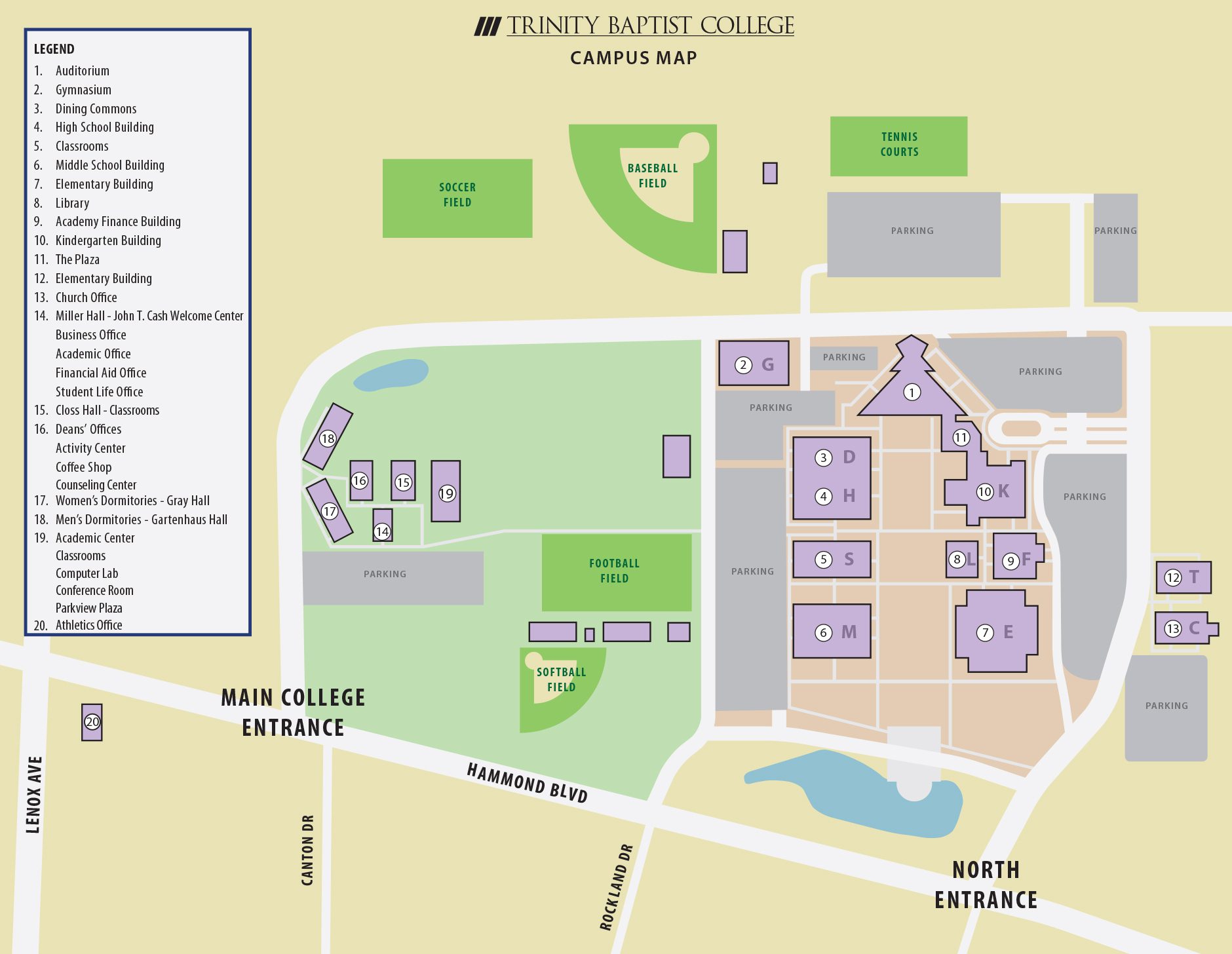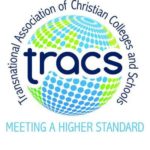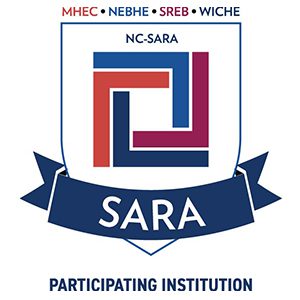The Coronavirus Aid, Relief, and Economic Security (CARES) Act
TBC is concerned with student academic success and student personal success. We came to understand the severity of hardships some students experienced when our campus closed in March 2020 because of the COVID-19 public health emergency. The Administration became aware of federal funding available to help students affected by the on-campus to online education transition. College staff worked many hours to obtain grant funding for students, and we successfully secured funding for students directly affected by the disruption of campus operations. TBC first made relief funding available to students affected financially by the education transition in the following areas:
- Emergency/crisis Housing
- Emergency/crisis Food
- Emergency/crisis Technology
- Emergency/crisis Course Materials
- Emergency/crisis Health Care
- Emergency/crisis Childcare Expenses
FAQ
Per U.S. Department of Education guidance, international, dual-enrollment, non-U.S. citizens and students with an online-only enrollment status prior to March 13, 2020 are not eligible for CARES Act relief funding. A student enrolled at the Jacksonville campus as of March 13, 2020, who experienced a financial impact in the categories listed above, from March 13, 2020 through May 7, 2020, may apply for relief.
The Coronavirus Response and Relief Supplemental Appropriations Act (CRRSAA)
TBC received a second round of funding for students through CRRSSA. The Administration developed a system to provide equitable relief to every student enrolled in the 2020-21 academic year. TBC disbursed the total $210,954.00 students allocation among all enrolled students. See reporting details below.
The American Rescue Plan (ARP) and the Higher Education Emergency Relief Fund (HEERF)
The Financial Aid Office encouraged students whose families lost work time or income because of COVID-19 to submit statements via email. The Financial Aid Office disbursed third round of HEERF funds to affected students based on need. Students who lost a parent to the public health emergency received a disbursement equal to the cost of tuition, room, board, fees, and course materials not covered by federal and state grants. The institution disbursed the total $658,393.00 students allocation to those affected financially by the pandemic. See reporting details below.
Trinity Baptist College received $1,080,301 in federal grants to help students impacted by the public health emergency.
To date, Trinity Baptist College disbursed $1,389,800 in emergency relief aid to students: $1,080,301 in funding designated for students and $309,499 in grant funds designated for institutional use.
Public Reporting
CARES emergency grants to students
CRRSAA emergency grants to students
HEERF emergency grants to students
2020 3rd Quarter qualified institutional COVID expenditures
2020 4th Quarter qualified institutional COVID expenditures
2021 1st Quarter qualified institutional COVID expenditures
2021 2nd Quarter qualified institutional COVID expenditures
2021 3rd Quarter qualified institutional COVID expenditures
2021 4th Quarter qualified institutional COVID expenditures
2022 1st Quarter qualified institutional COVID expenditures
2022 2nd Quarter qualified institutional COVID expenditures
2022 3rd Quarter qualified institutional COVID expenditures
2022 4th Quarter qualified institutional COVID expenditures







